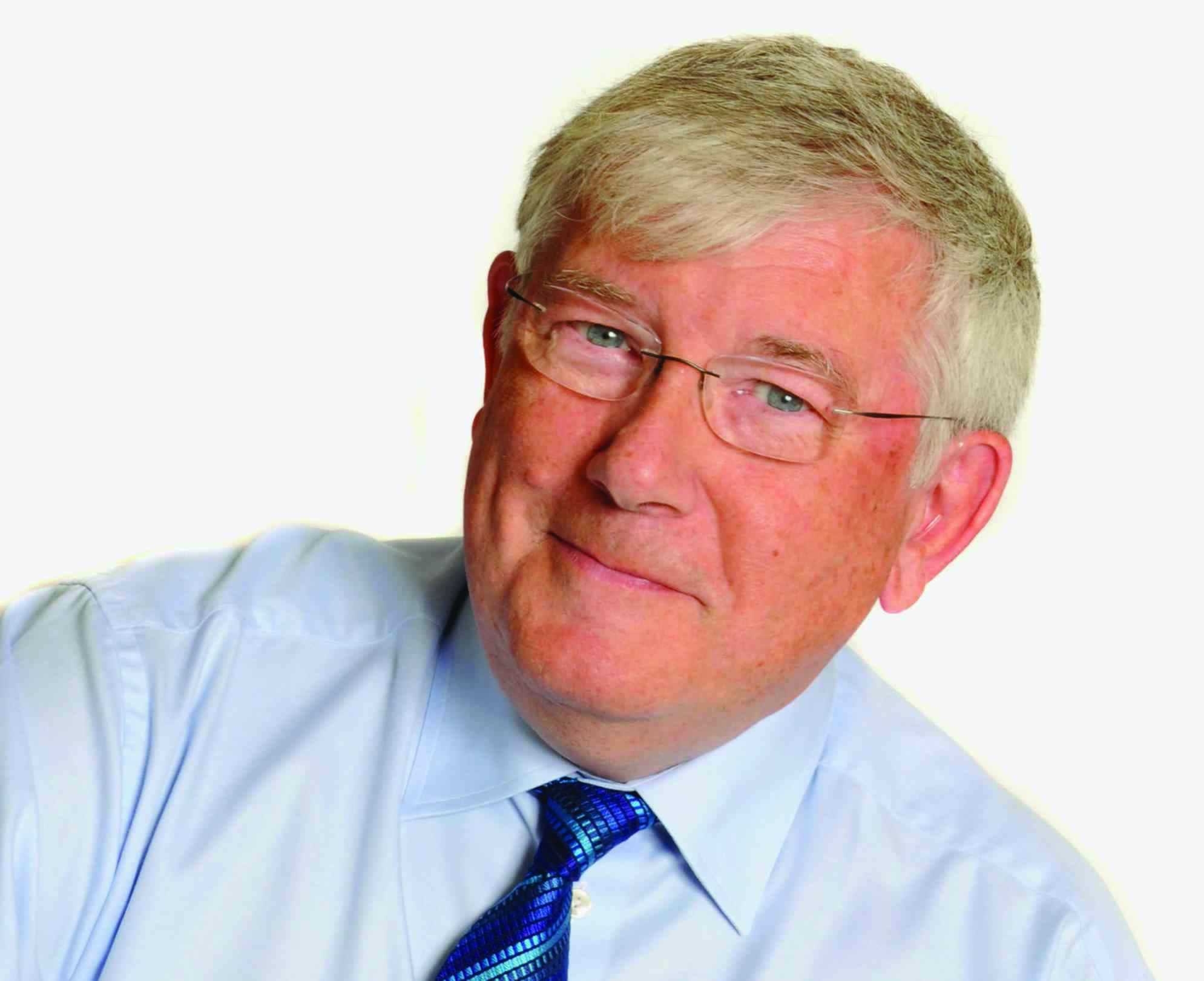IFP member number one Paul Etheridge MBE looks back at the founding of the IFP and his own personal journey on the way.
It all started with an introduction by John Perceval, former marketing director of Save & Prosper, to the conferences run by the International Association for Financial Planning (IAFP) in America.
I joined the IAFP and tried to encourage others to do the same but with only limited success. What was needed was a UK organisation and, after discussing the project with a director of the Bank of England, I called a meeting of potentially interested advisers for 10h November 1986. The Bank offered friendly support but was unable to become involved officially. Some 71 people attended the November meeting - which was more than had been invited.
Alexandra Armstrong, President of the IAFP, joined us to explain how the IAFP had developed in America. It became clear that there was sufficient interest to take matters further and a Steering Group was elected - which became the IFP’s first Council. At the end of the meeting I asked attendees to drop money into two wastepaper baskets held at the exit by my wife and my PA and we collected £580 initial capital for the Institute.
The vision: To create a professional body that would encourage the development of comprehensive, ethical and impartial personal financial planning and associated services. The aim was to seek members from all the professions associated with Financial Planning and that the Council would reflect this ‘broad church’.
By March 1987 The Financial Planning Association Ltd had been incorporated with ‘Institute of Financial Planning’ as its business name.
The Pioneers: 21 people subscribed £500 each to become Life Members. Others joining in the first six months became Foundation Members. The annual membership subscription was £50. Initially, the operation had to be run on a ‘shoestring’ and directly or indirectly Prestwood provided financial support thereby becoming the Institute’s first sponsors. Membership numbers: The Institute’s Council (Board of Directors) aimed for 1,000 members in the first year. This seemed a reasonable objective at the time but the target was not achieved until about 1995.
Although Prestwood and others had been developing fee-based Financial Planning services for many years, this form of remuneration was not a requirement for IFP membership. Regional ‘branches’ were established and I and others visited them to explain why the Institute had been formed and to encourage members to offer comprehensive Financial Planning to their clients. This was challenging at a time when most financial services revolved around the sale of insurance and investment products.
In July 1987 Major Richard Denyer was appointed full time Secretary of the Institute and was provided with a small office above the Hereford Herd Book Society. He continued as CEO until his retirement in 1994 when he was succeeded by Kate Gill, formerly a brilliant chair of the Bristol branch. The Institute took new offices in Bristol – where it is still based. Kate continued as CEO until her move to Scotland in 1999 when she was succeeded by Nick Cann.
The IFP developed a qualification structure based partly on existing diplomas awarded by bodies such as The Chartered Insurance Institute and the Institute of Chartered Accountants and partly on the Financial Planning Examination of the new College. Before being eligible for the Associateship Diploma of the IFP it was a mandatory requirement that candidates also passed an examination involving the construction of a comprehensive Financial Plan.
I think the IFP’s first National Conference was held in 1987. It was a one-day event and was a far cry from our current Conferences at Celtic Manor. For several years it became a feature of IFP Conferences that they were held at Oxbridge colleges, thereby differentiating us from other organisations.
In 1998 the IFP was confirmed as the only body in the UK authorised to award CFPCM certification. This was a major achievement and it was a proud moment when Kate and I signed the relevant documents in Paris.
The Institute has been blessed with three excellent CEOs plus a succession of outstanding Presidents, Board Members and Regional officers. Each has devoted an immense amount of time and expertise.
So where next? Looking ahead, there is a huge potential demand for professional Financial Planning. Advisers are increasingly recognising the competitive advantage of IFP membership and beginning the transformation to Financial Planning. At the same time, consumers are seeking better qualified advisers with nationally-recognised qualifications.
I believe the IFP can make a major contribution to the development of the profession by encouraging training in practical Financial Planning skills. With the continuing economic instability, the UK needs professional Financial Planners and there is no better guarantee of excellence than membership of the IFP.

